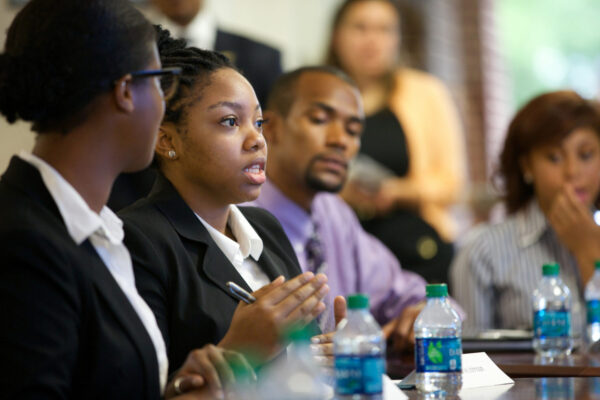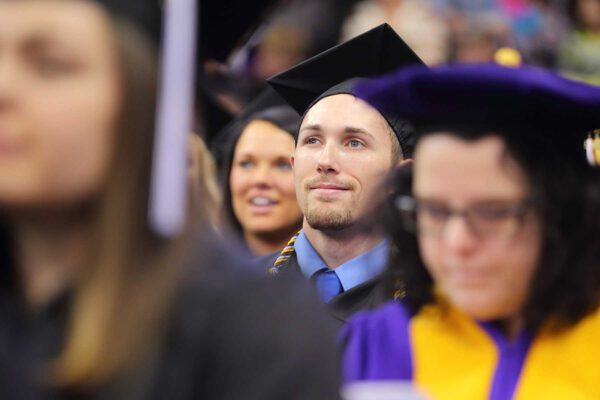Internationalizing Student Learning “Because the Country Needs It”
Presidents of three ACE member institutions outlined their efforts to reformulate global learning to reach more students and make students’ own diverse cultural backgrounds part of the learning journey, during ACE2016 on Monday.
Ensuring that students gain global competencies is essential, they said, to ensure an inclusive campus climate, to enhance student learning and critical thinking, to expand students’ world views and “because the country needs it.”
Gail Mellow, president of LaGuardia Community College (NY), described the exceptionally international immigrant and multilingual population enrolled at LaGuardia’s campus in Long Island City, and how the institution is finding ways to make their cultural backgrounds “visible” to other students through e-portfolios and a program for heritage language learners. LaGuardia Community College is currently participating in the ACE Internationalization Laboratory.
Agnes Scott College, led by President Elizabeth Kiss—who serves on ACE’s Commission for Internationalization and Global Engagement—launched the SUMMIT program in Fall 2015, which guarantees a global experience for all students during their first year. Last weekend, students returned from short-term, immersive academic and service learning courses in a dozen sites in the Western Hemisphere, including New York and New Orleans.
David Wilson, president of Morgan State University, described the changing dynamics of Morgan’s urban Baltimore campus due to increased enrollment of students from Saudi Arabia and exchange opportunities with China. Because international experiences can be costly and hard to scale up, Morgan ensures that global learning is embedded in the general education curriculum.
While the session began with a focus on curriculum as a vehicle for delivering global learning to greater numbers of students, each panelist described global co-curricular programming—such as service opportunities with local refugee populations, or peer tutoring between students from different countries—to provide experiential learning closely aligned with curriculum.
“International learning provides new frameworks for living with ambiguity,” said Mellow, an important quality for citizens in a diverse society like the United States, “even if students never go abroad.”
By Heather Ward, senior program specialist in ACE’s Center for Internationalization and Global Engagement.
If you have any questions or comments about this blog post, please contact us.


